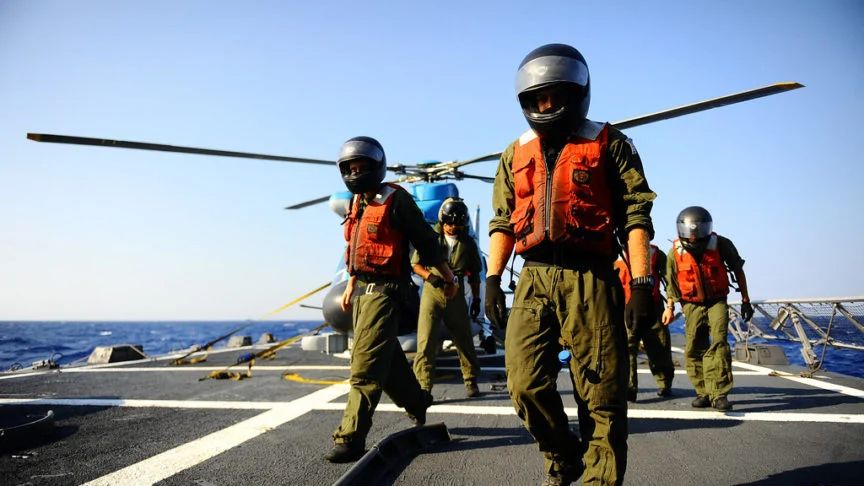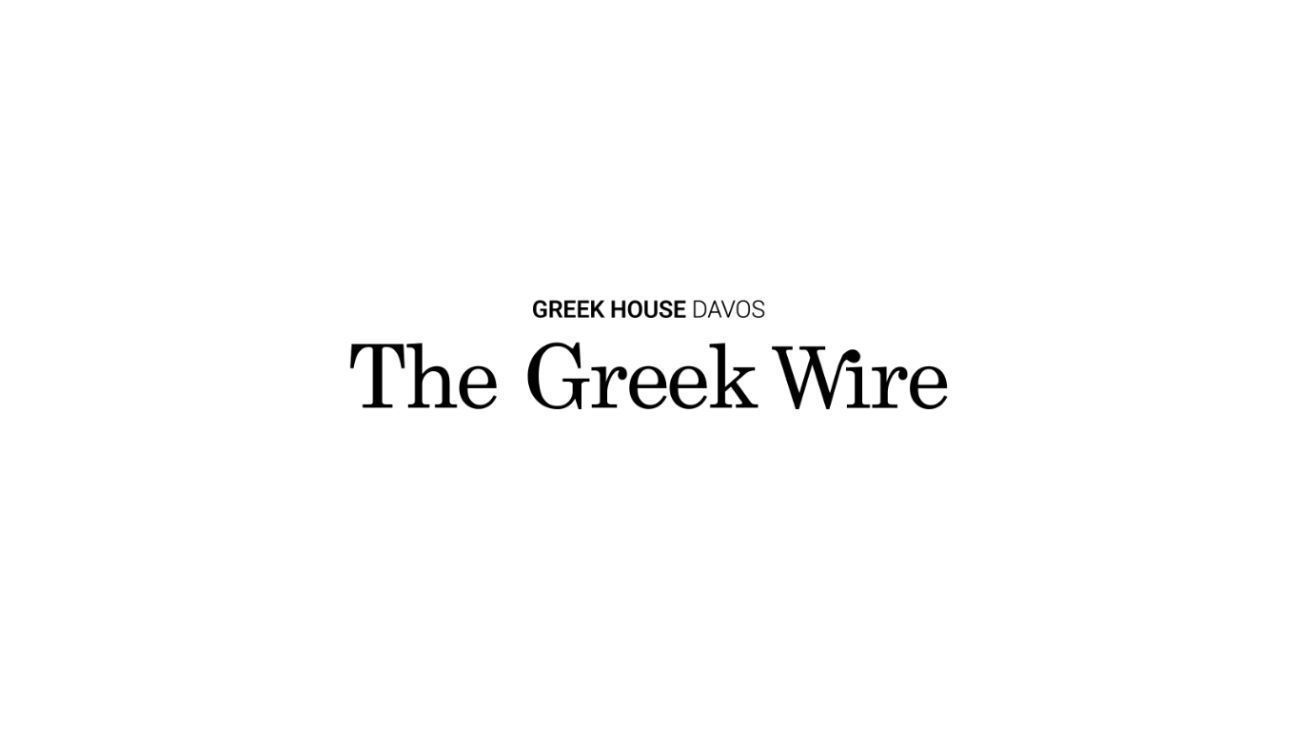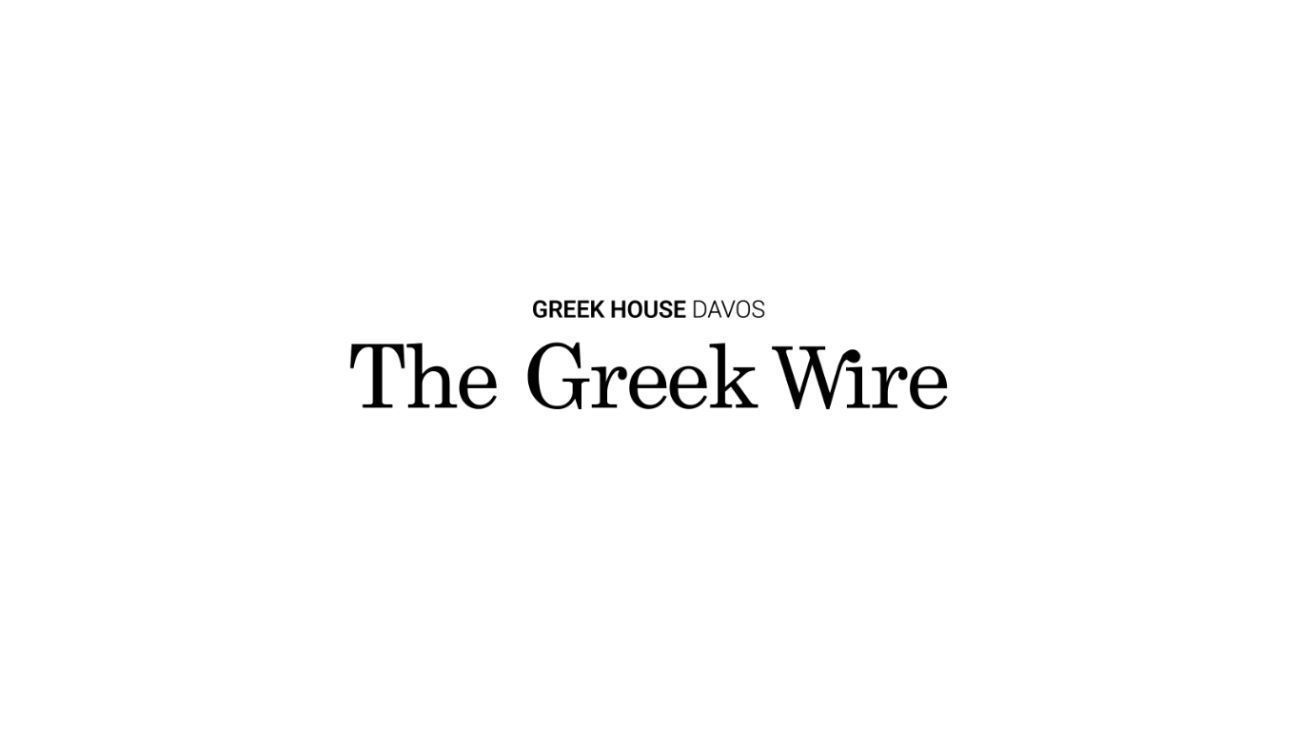04 Aug 2021
Greece in the eastern Mediterranean: Turning engagement into influence

Greece is entangled in the remarkably swift geopolitical changes in the eastern Mediterranean. Athens has responded to the region’s explosive mix of competing maritime interests, energy claims, and military exercises by pursuing an increasingly proactive foreign policy, with the objective of gaining lasting influence there. This is a high-stakes game, but Athens has decided that it is worth the risks – and for good reasons.
Developments such as the 2015 migration crisis — driven in part by armed conflicts in Syria and Iraq — demonstrated the need for Greece to pay closer attention to events in its wider south-eastern neighbourhood. This was underscored by Turkey’s more ambitious regional posturing under its ‘Blue Homeland’ doctrine, which culminated in a November 2019 Memorandum of Understanding with Libya’s Government of National Accord designed to redraw the maritime border between the two sides. Athens viewed Ankara’s behaviour as a direct threat to Greek sovereignty, not least concerning the delimitation of maritime zones and access to natural gas.
Greece has responded by attempting to exploit openings created by the deterioration of US-Turkish relations. The European Union’s perceived failings in the eastern Mediterranean have helped convince Athens of the need to play a bigger (if not leading) and more consistent role in EU foreign policy on the region.
read more: https://ecfr.eu/article/greece-in-the-eastern-mediterranean-turning-engagement-into-influence/








